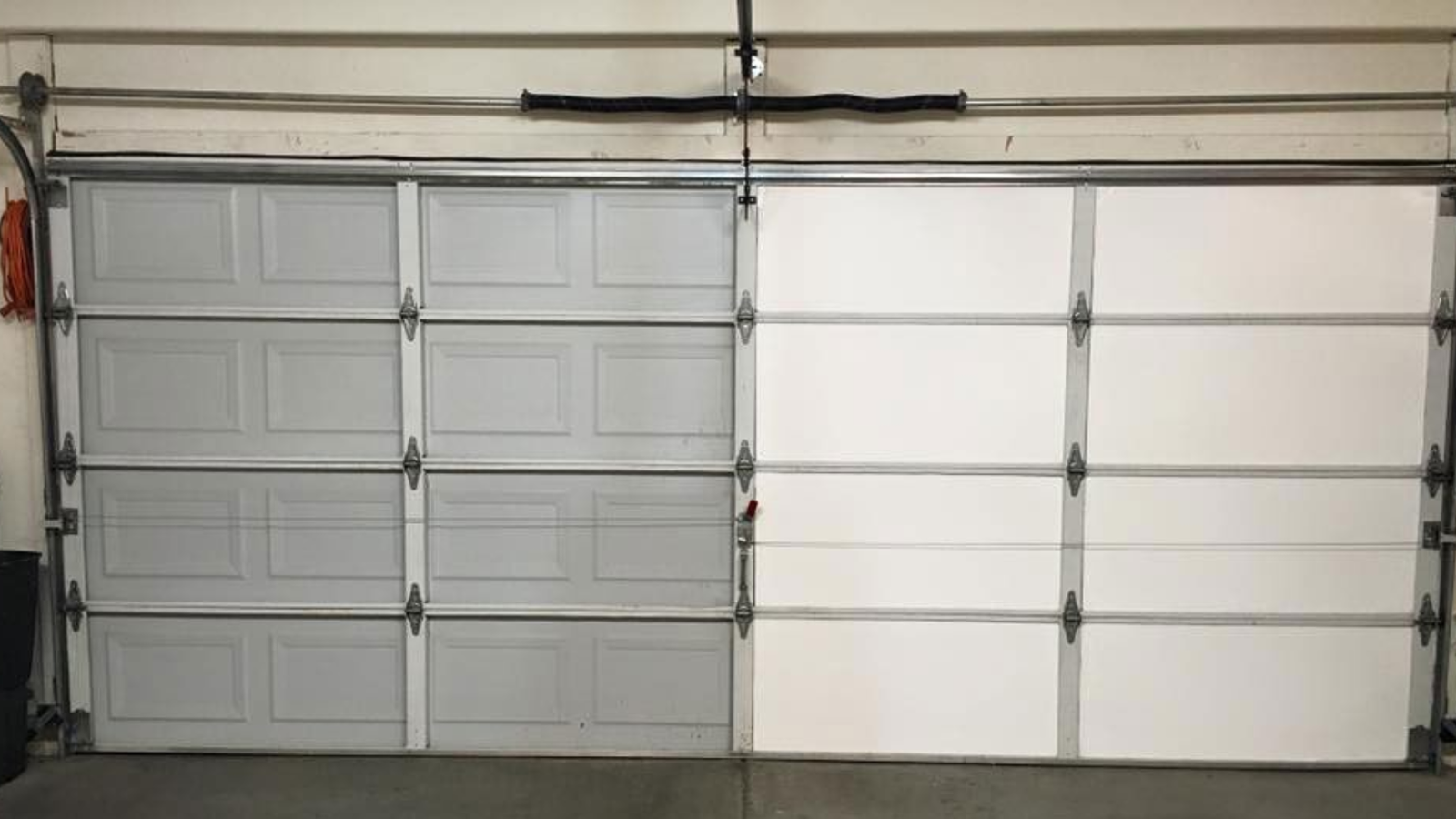Garage doors are not just an entry point for your vehicle; they also play a crucial role in regulating the temperature within your garage space. One key decision homeowners face is choosing between insulated and uninsulated garage doors. In this comparison guide, we’ll delve into the features, benefits, and considerations of insulated and uninsulated garage doors to help you make an informed choice.
Insulated Garage Doors:
- Temperature Regulation:
Pros: Insulated garage doors provide better temperature regulation, preventing extreme heat or cold from penetrating the space. This is particularly beneficial if your garage is attached to your home or serves as a workspace.
Cons: The upfront cost of insulated garage doors is higher compared to uninsulated ones.
Energy Efficiency:
Pros: Insulated doors can contribute to energy efficiency, reducing the transfer of heat or cold into your home. This can lead to lower energy bills over time.
Cons: The initial investment may be higher, but long-term energy savings can offset this cost.
Noise Reduction:
Pros: Insulated doors often offer better soundproofing, reducing the noise from street traffic or other outdoor disturbances. This is advantageous if your garage serves as a living space or if you have rooms above or adjacent to it.
Cons: While insulation helps with noise reduction, it may not eliminate all sounds.
Durability:
Pros: Insulated doors are generally more durable and less prone to dents and damage, thanks to the added layers of material.
Cons: The increased weight of insulated doors may require a more robust garage door opener.
Uninsulated Garage Doors:
- Affordability:
Pros: Uninsulated garage doors are more budget-friendly in terms of upfront costs. If you have a limited budget, this option may be more appealing.
Cons: Lack of insulation can lead to higher energy bills over time, especially in extreme weather conditions.
Lighter Weight:
Pros: Uninsulated doors are lighter, placing less strain on the garage door opener. This can be advantageous if you have a standard opener.
Cons: The lighter weight may make these doors more susceptible to dents and damage.
Simplicity of Installation:
Pros: Uninsulated doors are simpler to install, making them a suitable choice for those looking for a straightforward replacement.
Cons: Without insulation, these doors provide less protection against temperature extremes.
Space Considerations:
Pros: If headroom or side room is limited, uninsulated doors may be a more practical option as they require less space.
Cons: Limited insulation means less protection against temperature fluctuations.


